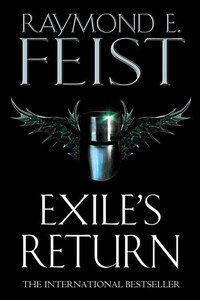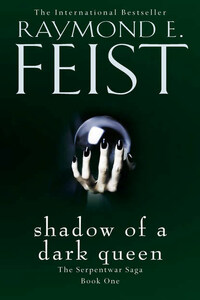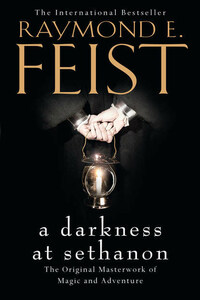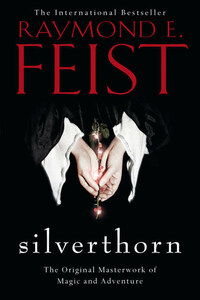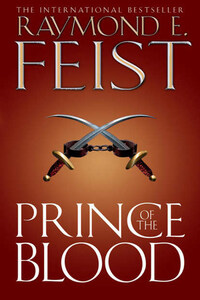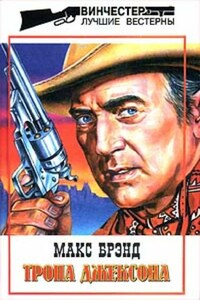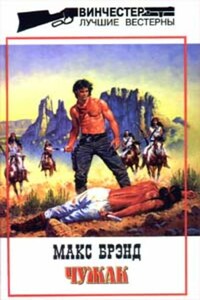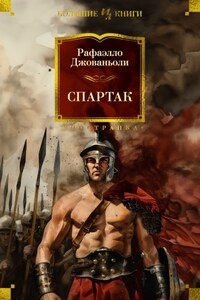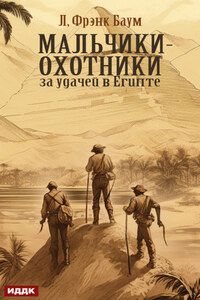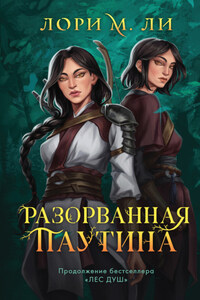HarperVoyager
An Imprint of HarperCollinsPublishers 77â85 Fulham Palace Road, Hammersmith, London W6 8JB
www.harpervoyagerbooks.com
First published by HarperVoyager 2004
Copyright © Raymond E. Feist 2004
Cover illustration © Nik Keevil
Raymond E. Feist asserts the moral right to be identified as the author of this work
A catalogue record for this book is available from the British Library
All rights reserved under International and Pan-American Copyright Conventions. By payment of the required fees, you have been granted the nonexclusive, nontransferable right to access and read the text of this ebook on screen. No part of this text may be reproduced, transmitted, downloaded, decompiled, reverse engineered, or stored in or introduced into any information storage and retrieval system, in any form or by any means, whether electronic or mechanical, now known or hereinafter invented, without the express written permission of HarperCollins e-books.
HarperCollinsPublishers has made every reasonable effort to ensure that any picture content and written content in this ebook has been included or removed in accordance with the contractual and technological constraints in operation at the time of publication.
Source ISBN: 9780002246835
EBook Edition © AUGUST 2012 ISBN: 9780007373796
Version: 2014â09â08
THE RIDERS CAME AT HIM.
Kaspar, who had until the day before held the title of Duke of Olasko, waited, holding his chains ready. Moments before he had been deposited on this dusty plain by a tall white-haired magician who, with only a few words of farewell, had vanished, leaving the exiled nobleman to face an approaching band of nomads.
Kaspar had never felt this alive and vitalized. He grinned, took a deep breath and flexed his knees. The riders were fanning out, and Kaspar knew they judged him a risk even though he stood alone, barefoot and without any weapon save for heavy chains with manacles and leggings attached to each end.
The riders slowed. Kaspar counted six of them. They wore alien garments, loose-fitting outer robes of indigo over white blouses belted at the waist with whipcord; ballooning trousers were tucked into black leather boots. Their heads were covered by wrapped turbans, with a length of cloth left hanging on the right. Kaspar judged that this could be quickly raised to cover mouth and nose against a sudden dust storm or to hide identity. The clothing looked less like a uniform than tribal garb, he decided. And they carried a variety of lethal-looking weapons.
The leader spoke in a language Kaspar didnât understand, though there was something oddly familiar about it. Kaspar replied, âI donât suppose thereâs the remotest chance you speak Olaskon?â
The man Kaspar had identified as the leader said something to his companions, made a gesture, then sat back to watch. Two men dismounted and approached Kaspar, drawing weapons. A third behind them unwound a leather cord, with which he obviously intended to bind their new captive.
Kaspar let his chains drop slightly, and slumped his shoulders, as if acknowledging the inevitability of his circumstances. From the manner in which they approached, Kaspar knew two things: these were experienced fighting men â tough, sunburned plainsmen who probably lived in tents â and they were not trained soldiers. One glance gave Kaspar the one fact he needed to make his decision on how to act. None of the three men still on horseback had drawn a bow.
Kaspar allowed the man with the leather bindings to approach, and then at the last instant he kicked out, taking the man in the chest. That man was the least dangerous of the three at hand. Kaspar then swung his chains, releasing an end at the same instant, and the swordsman on his right who had judged himself out of Kasparâs reach was slammed across the face with the makeshift weapon. Kaspar heard bone crack. The man went down silently.
The other swordsman was quick to react, raising his sword and shouting something â an insult, battle cry, or prayer to a god, Kaspar didnât know which. All the former duke knew was that he had perhaps three or four seconds to live. Instead of moving away from the attacker, Kaspar threw himself at the man, coming up hard against him as the sword fell through empty air.
